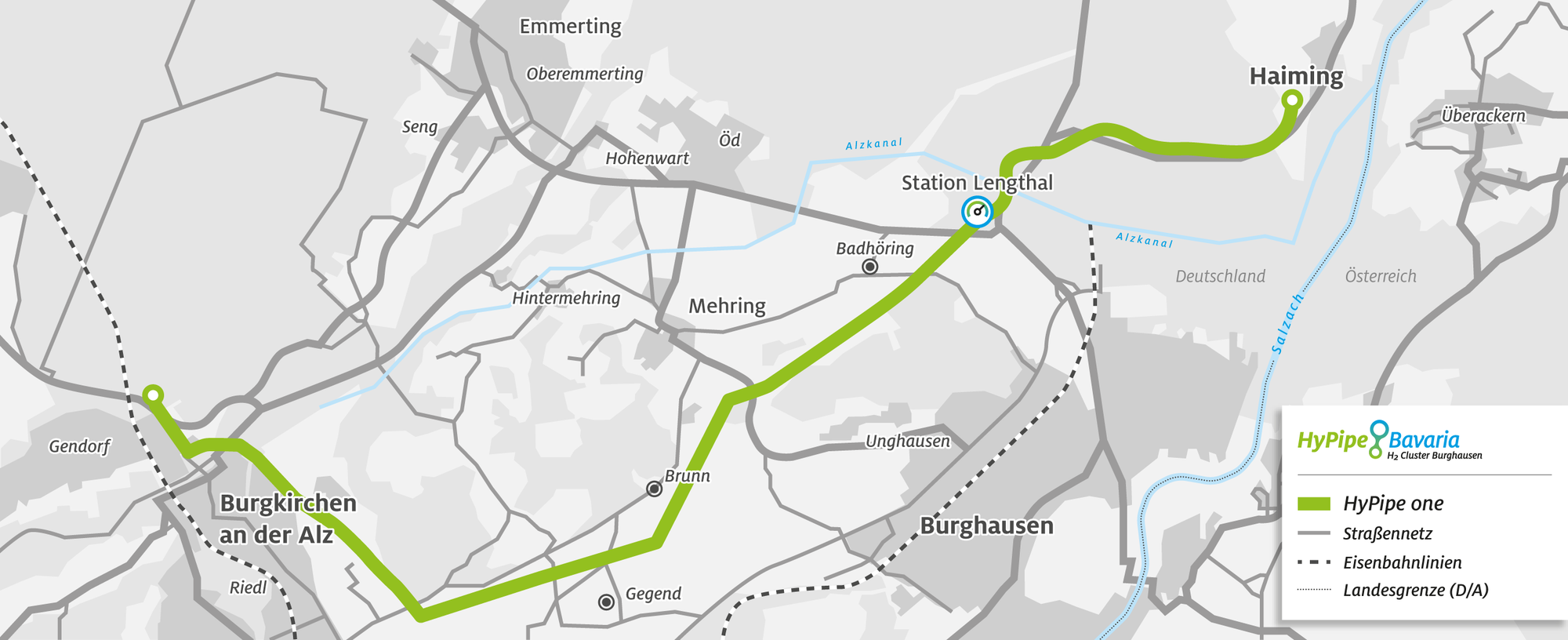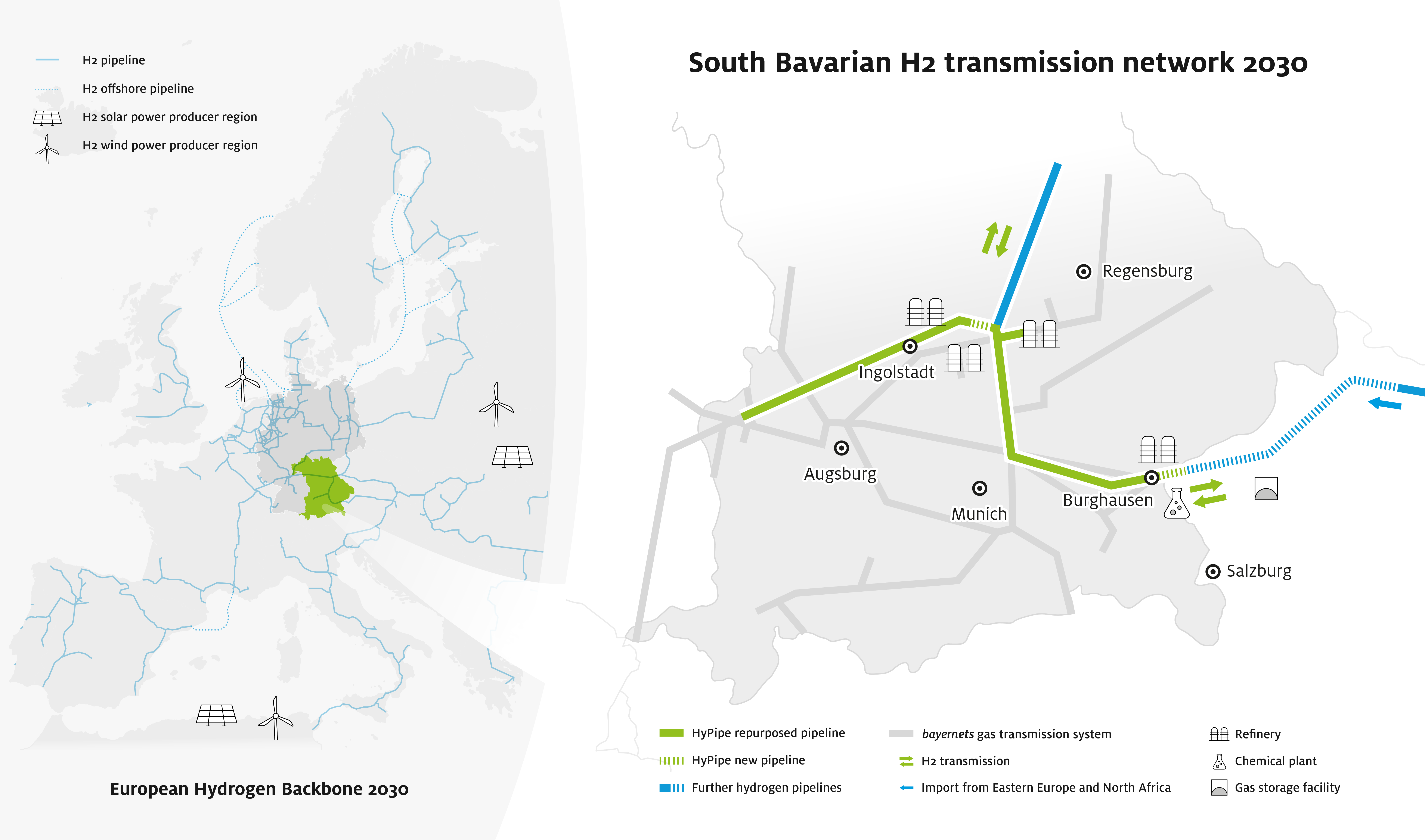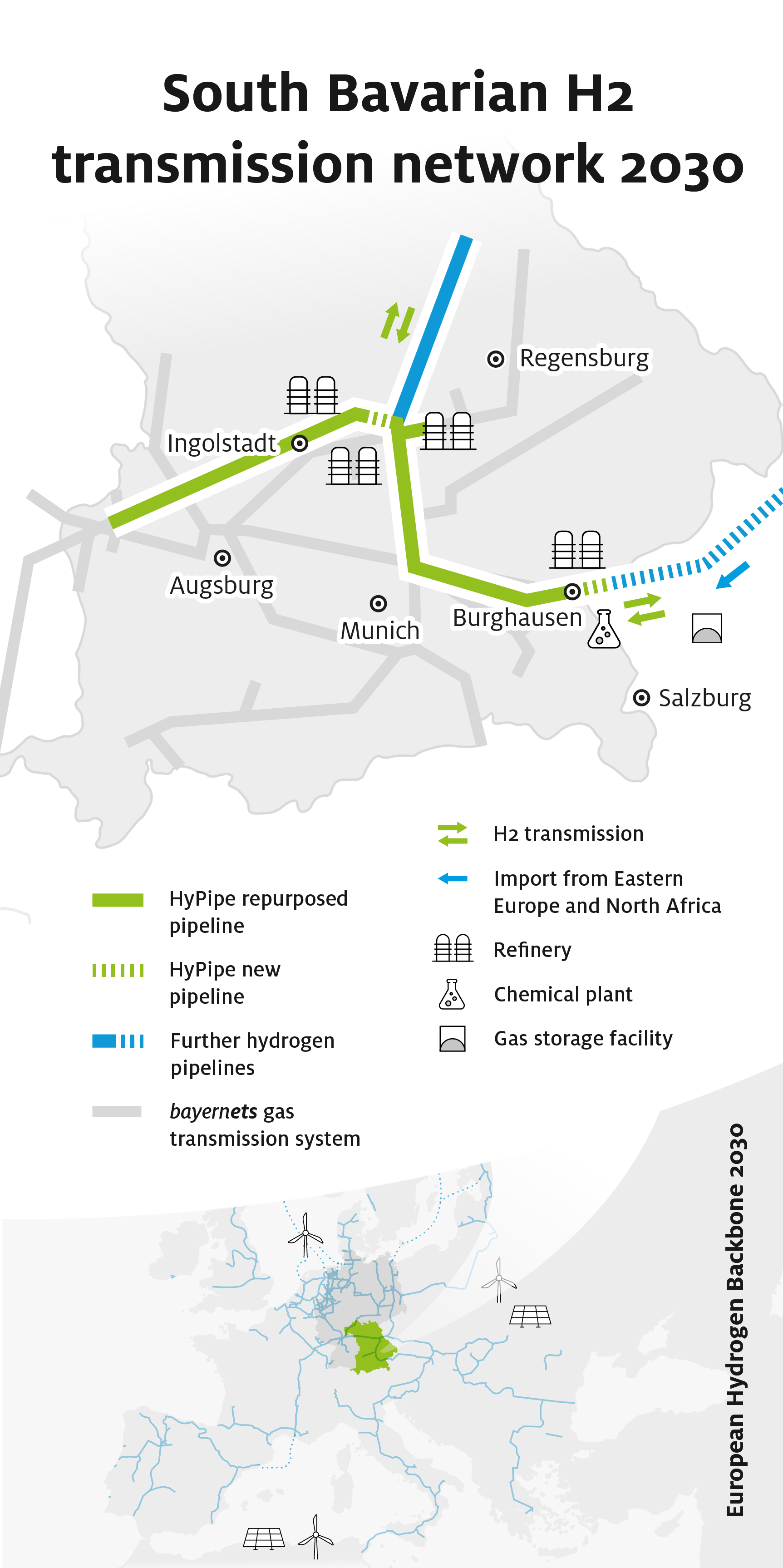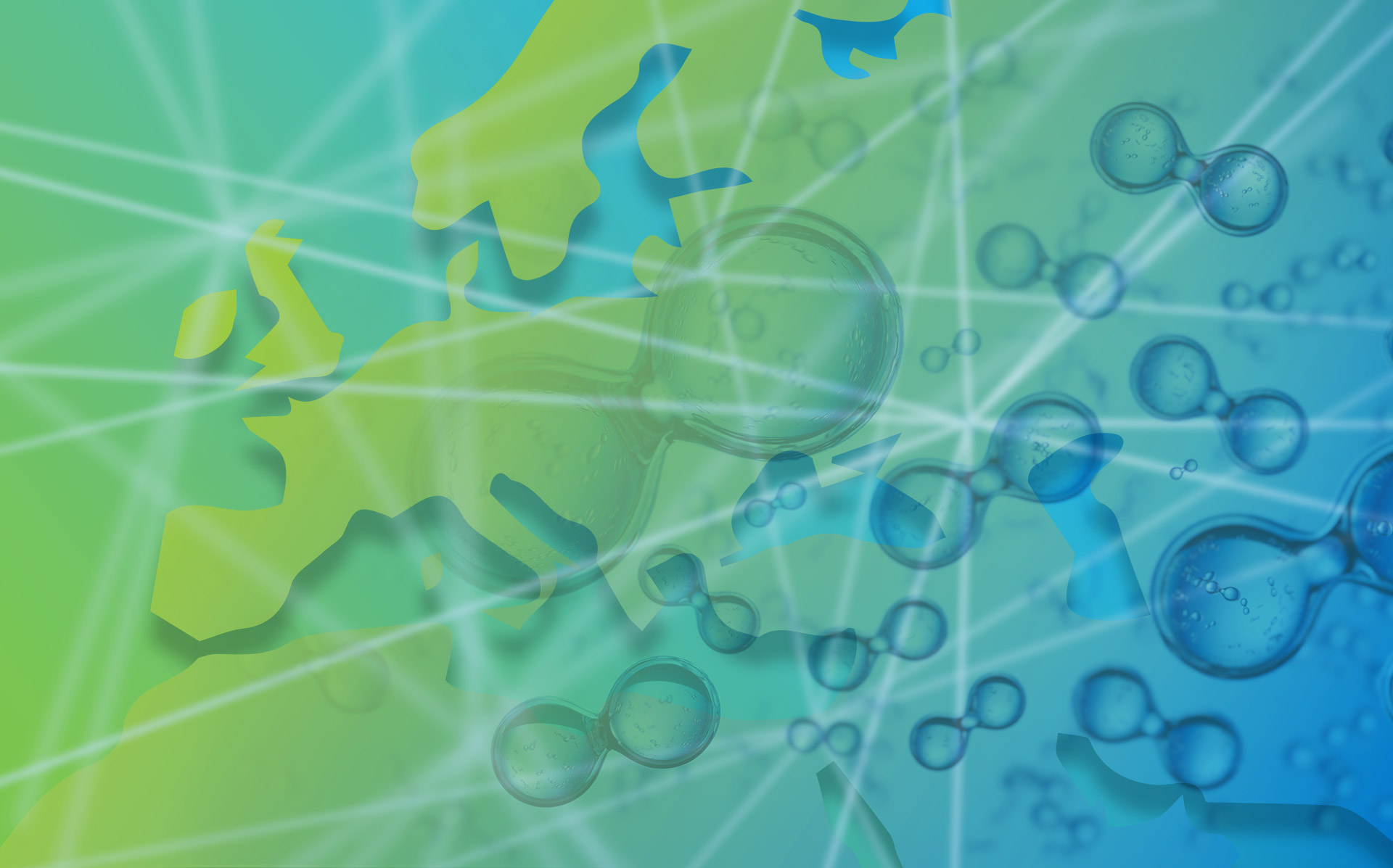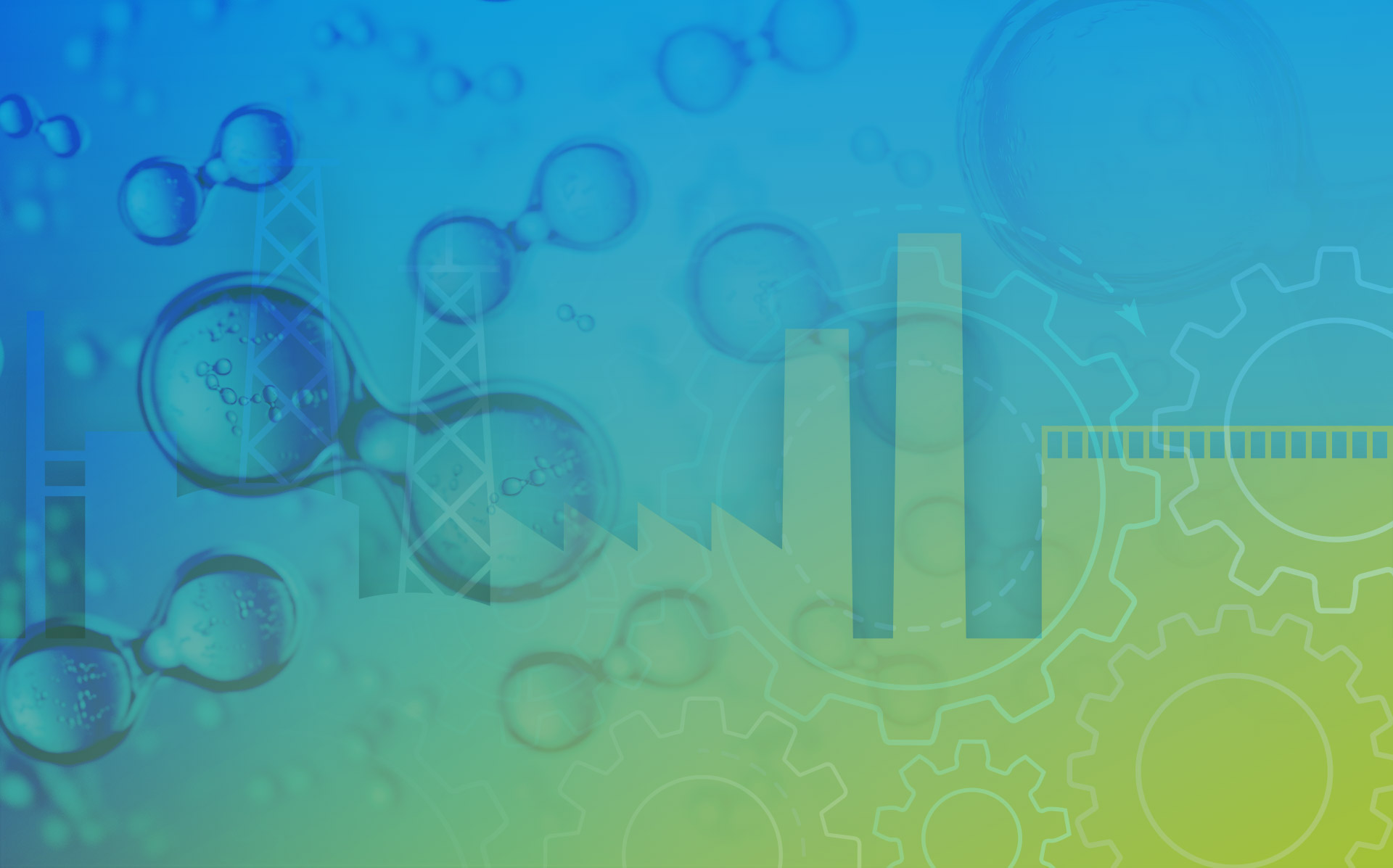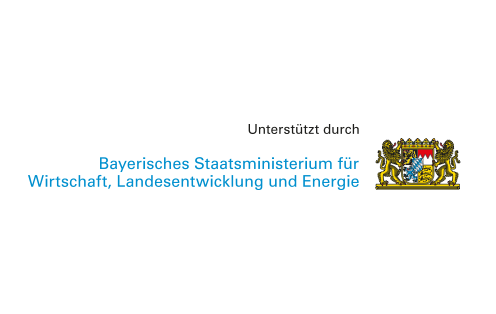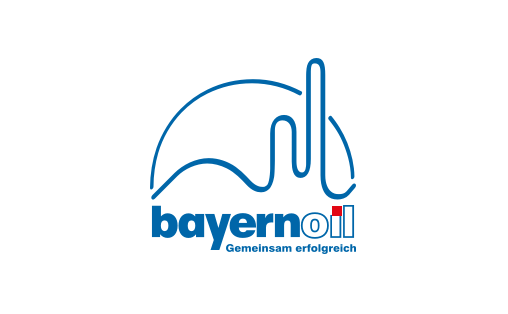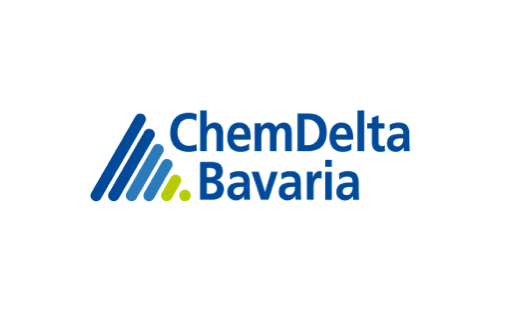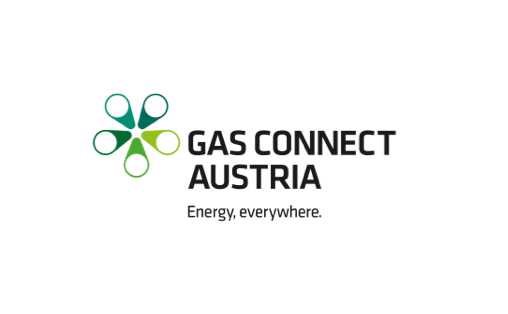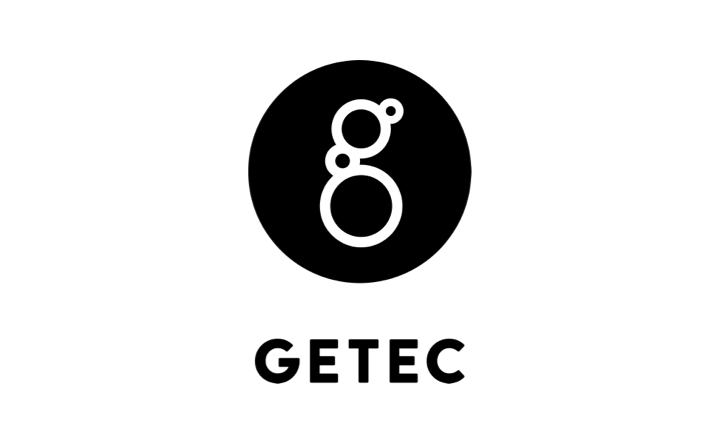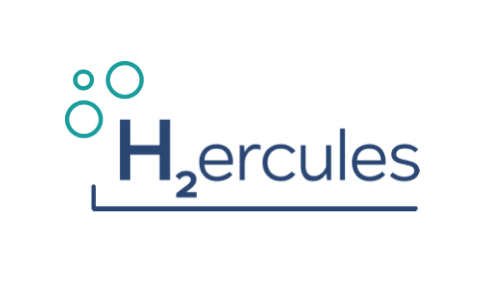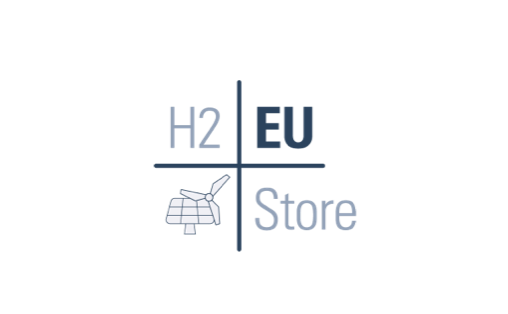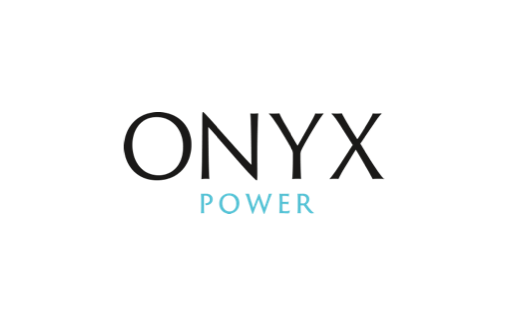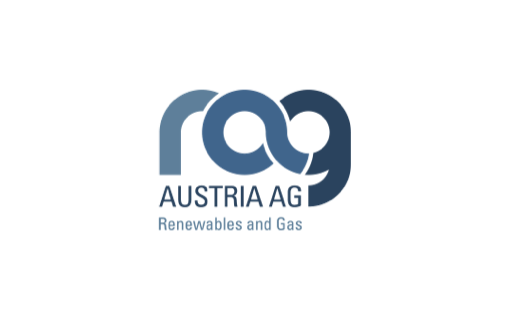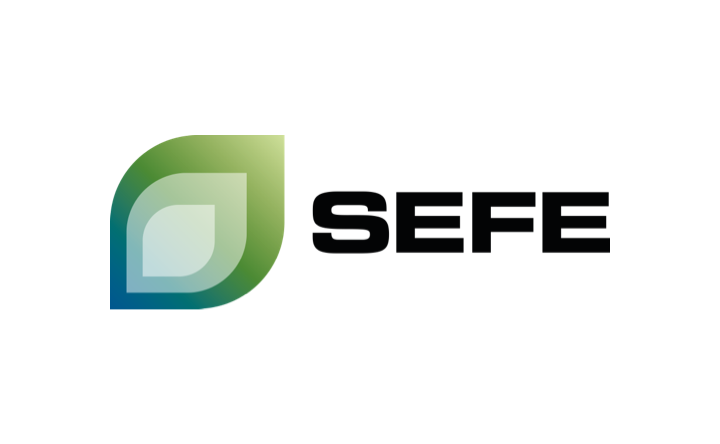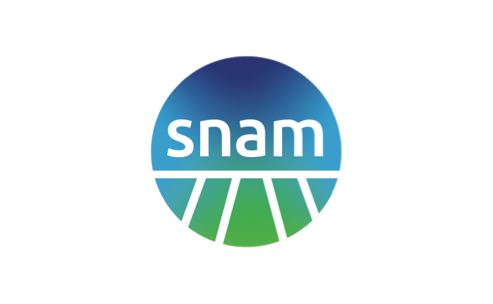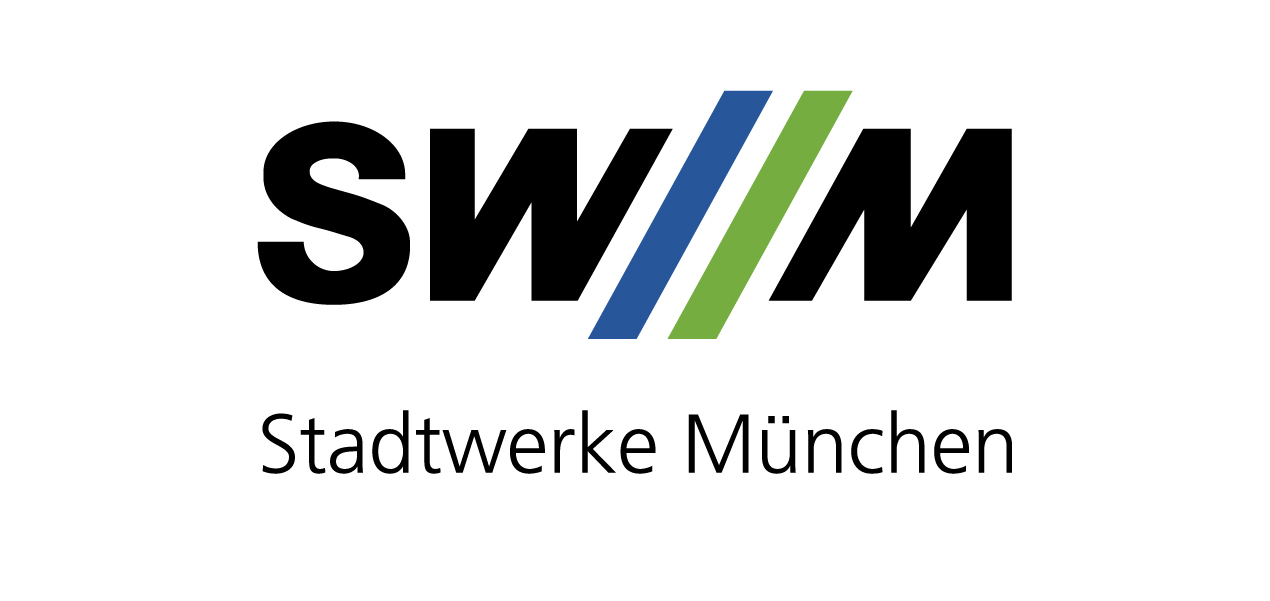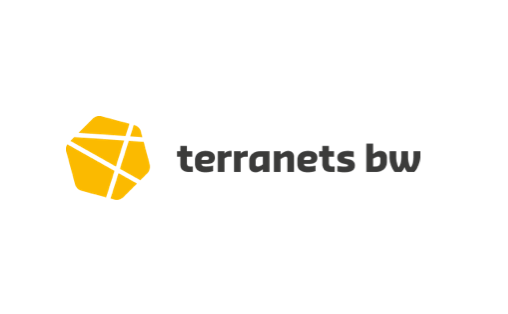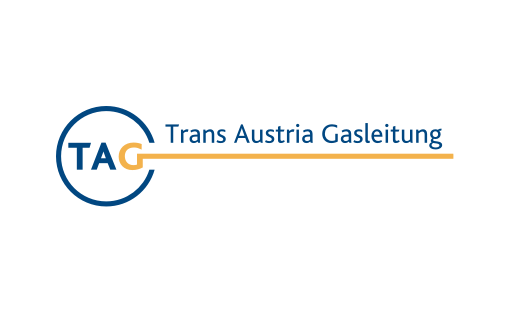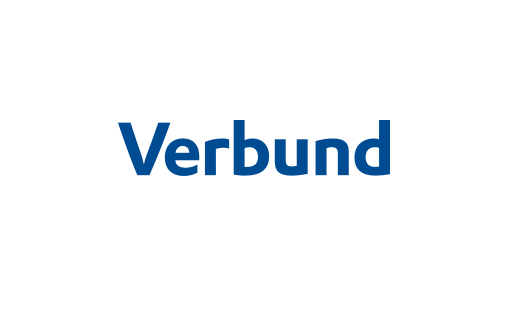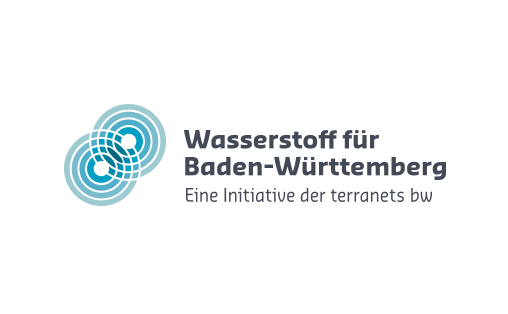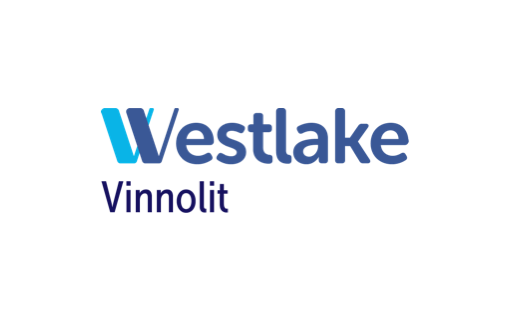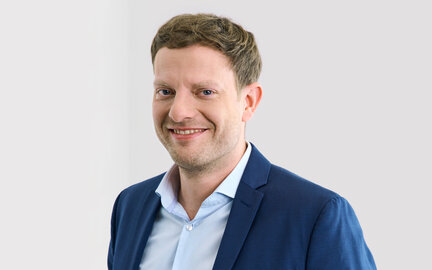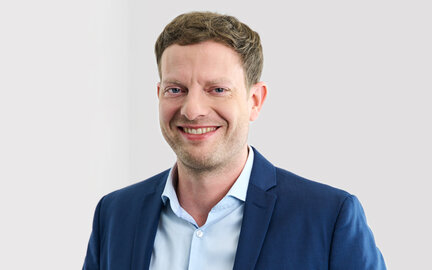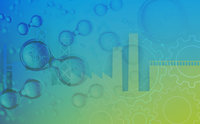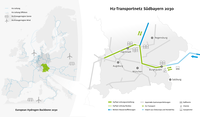Mission statement
With the HyPipe Bavaria – The Hydrogen Hub project, we will be laying the foundation for the indispensable Bavarian hydrogen network, to be completed by 2030. It is listed by the European Commission as a PCI project and therefore included in the Projects of Common Interest (PCIs) for hydrogen infrastructure projects in Europe. It is an important element in the European Hydrogen Backbone (EHB) and connects regions with hydrogen demand with numerous production regions both within Germany and abroad. We are setting the course for importing hydrogen to Bavaria and are thus shaping the European hydrogen hub.
Click here for project details
All PCI projects with milestones can be found via this link to the EU Transparency Platform
In 2025, we will be commencing the transformation towards a decarbonised energy system by repurposing our Gendorf-Burghausen (GB24) and Burghausen-Lengthal (BL86) pipelines.
The future, newly connected BL86/GB24 pipeline will be called HyPipe one. It will be tested and made “hydrogen-ready“, meaning it will be ready for transporting hydrogen. Parallel pipelines will simultaneously ensure that industrial companies in the Gendorf - Burghausen area will continue to be supplied with natural gas.
Repurposing the BL86/GB24 pipeline is a first step in implementing the German hydrogen core network approved on 22 October 2024 and is part of the European PCI project HyPipe Bavaria – The Hydrogen Hub.
HyPipe Bavaria constitutes a cornerstone in a reliable supply of hydrogen in Bavaria and is an important piece of the European hydrogen network puzzle. Demand for CO2-reduced hydrogen will increase dramatically in Bavaria in the future, which is why the necessary infrastructure must be developed without delay.
Prof. Dr. Veronika Grimm
Economic Adviser (Member of the German Council of Economic Experts)
Energy Hub Bavaria
Located in the heart of Europe, Bavaria plays a key role in the midst of a resilient European energy system – today and particularly in the future. The transmission of energy to and through Bavaria is an essential factor in ensuring the security of supply. Network connections with Austria, for example, are of immeasurable value due to the energy storage potential and import opportunities.
Important building block in the European hydrogen network
Implementing the Bavarian hydrogen network as fast as possible is an essential prerequisite for establishing import routes from Southern and Eastern Europe for the German hydrogen market. We therefore provide a high-performance import point between Austria and Germany. National network connections with the west and north also offer Germany further flexible transmission opportunities and import prospects from Northern and Western Europe.
Important for supply to local industry
Within the current decade, the secure supply of climate neutral and affordable hydrogen will become essential for companies in the Bavarian chemical triangle and in Ingolstadt region. We are connecting green hydrogen sources with hydrogen customers, who are themselves highly competitive on the global market. An effective network connection will play a decisive role in ensuring the gradual transformation of industrial sites and also power stations. This is the only way to enable processes and turbines to be operated with hydrogen so that we can successfully move away from fossil energy.
About bayernets and HyPipe Bavaria – Facts
We have been an important player in the European gas transmission system for several decades and have therefore gained extensive experience in this area. With HyPipe Bavaria, we are significantly contributing to the efficient development of the hydrogen network in Bavaria, Germany and Europe.
Why hydrogen?
Hydrogen is an essential component in a decarbonised European energy system. A good supply of hydrogen enhances the international competitiveness of Europe by diversifying its sources of energy. Market demand of end-customers in Bavaria is over 30 TWh. Meeting this demand with affordable and renewable hydrogen reduces dependence on fossil fuels and contributes to the EU goals to decarbonise hard-to-abate sectors and those that cannot avoid emissions.
Green molecules
Using hydrogen as an energy supply and transporting it via the existing gas infrastructure together form the basis of an economically efficient transformation of the energy system. The green molecules constitute the perfect complement to intermittent renewable energy generated from wind and sun. The gas infrastructure with an option for the seasonal storage of large amounts of energy is the foundation for the security of supply in a climate neutral energy system.
Transportability
There are various transport technologies and media for hydrogen. Gaseous transmission via pipelines provides a promising solution for transporting hydrogen economically and cost-effectively over long distances. In this way, renewable energy can be transported from the production regions via the European pipeline system into regions with demand.
Storability
Due to its molecular properties and energy density, hydrogen is ideally suited for storing large amounts of energy. Thanks to the flexible means of storage for renewable energy, supply and demand can be balanced seasonally and peak loads can be met. Underground storage facilities will be required for the storage of large volumes. Such facilities are already optimally integrated into the gas transmission systems and can also provide important system balancing in the hydrogen network.
Changing from natural gas to hydrogen – not possible overnight
Such transformation takes place in stages. The aim of the process is to connect to industrial sites and to provide a sufficient supply of hydrogen. In addition to this, various precautions must be taken in advance to prepare the systems of the grid customers for hydrogen. With our gas infrastructure, high-performance transmission systems for hydrogen and natural gas already exist. In the next decade, we will therefore be applying our know-how to operate two transmission systems that are constantly subject to changes in shipping demand.
Hydrogen is a colourless gas and a central element in meeting our climate protection goals: it can be safety transported and stored.
This source of energy is characterised by a high, mass-related energy density and is extremely versatile. Hydrogen therefore offers enormous potential to rapidly reduce CO2 emissions in various application sectors such as mobility, industry, peak load power stations and heat supply.
Process-related emissions in industry and refineries can often only be avoided by substituting natural gas with hydrogen. In a departure from fossils fuels there is no alternative: the availability of hydrogen, in particular for high-temperature processes, and the recycling of materials are therefore indispensable for Germany as an industrial location.
Complete departure from natural gas can only succeed if sufficient and affordable hydrogen is provided via pipelines and the security of supply is guaranteed with seasonal storage of large amounts of hydrogen.
Renewable hydrogen, also referred to as green hydrogen, is produced by means of electrolysis, which uses electricity generated from renewable energy sources such as wind or sun.
Regions with a high potential for renewable energy, such as North Africa or Eastern Europe, are therefore ideally suited for producing hydrogen.
Hydrogen produced with photovoltaic electricity or wind power can be transported via pipelines to Germany.
Further generation options include steam reforming or methane pyrolysis with natural gas or biomethane as feedstock. In the case of methane pyrolysis, methane is thermally decomposed into “turquoise“ hydrogen and solid carbon. In steam reforming, methane reacts at high temperature with steam, producing “grey“ hydrogen and carbon dioxide (CO2). By means of Carbon Capture and Storage (CCS), the CO2 can be stored underground and is not released into the atmosphere. Hydrogen from steam reforming combined with CCS is referred to as “blue“ hydrogen.
There are various technologies and media available for transporting hydrogen. Truck trailers are suitable for short distances and small volumes. Larger quantities and longer distances can be handled via pipelines or with vessels. In the European context, the National Hydrogen Council demonstrates that transporting hydrogen in pipelines represents the most economic option for distances of up to about 10,000 km.
For comparison: in our planned hydrogen pipelines, 100 times more energy can be transported per hour than in a traditional truck trailer. Or putting it another way: to supply the Bavarian chemical triangle in the year 2030 with 2 TWh of hydrogen, you need a high-performance pipeline or 100 truck trailers per day.
By using pipeline systems already in the ground, the environmental impact is reduced to a minimum. We will be applying the principle of pipeline bundling for additional new constructions required in order to reduce the impact on the environment and nature as much as possible.
When operating our pipelines and systems, we take all the appropriate technical safety precautions necessary to guarantee safe operation at all times. Through decades of experience, we have mastered the sensitive handling of high-pressure systems. Hydrogen, just like natural gas, only forms a flammable mixture when there is an ignition source and sufficient oxygen. Pure hydrogen cannot self-ignite.
Important applications for hydrogen in industry are the chemical and steel industries according to the National Hydrogen Council. Refining, producing glass and paper or also power stations are further application areas. The hydrogen demand of Bavarian network customers for 2030 will amount to over 30 TWh according to the Gas Network Development Plan 2022-2032.
HyPipe is part of the initiative “SoutH2 Corridor”
The international project initiative “SoutH2 Corridor” plans a 3,300 km long hydrogen transport corridor from North Africa to Bavaria. This is an important component of the European Hydrogen Backbone and promotes the diversification of the hydrogen supply in Bavaria.
-> Read more for information about the initiative “SoutH2 Corridor”
Here, bayernets GmbH informs you what personal data we process when you visit our website and how we implement the requirements of data protection law for you.
Controller
The controller responsible for processing your personal data is
bayernets GmbH
Poccistraße 7
80336 Munich
To contact our data protection officer please send an e-mail to: A.Walter@gvw.com
Data collected
When you visit our website www.bayernets.de, we store your IP address. It is not technically possible for us to attribute these IP addresses to a natural person.
Purpose and legal basis for processing data
We process your IP address to provide and operate this website and to guarantee technical security.
Processing your personal data when you visit our website is based on our legitimate interest according to Article 6(1)(f) GDPR. Only by storing your IP address, is it technically possible for us to make our website available to you.
Recipient / Whom do we share your data with?
Your personal data is processed solely in our company and by third parties instructed by us if this is necessary for the above-mentioned purposes.
How long do we store your data?
We store your personal data for four weeks after your visit to our website.
Security
We take numerous precautions to guarantee the security of your personal data. We take due care to safeguard your data from loss, destruction, falsification, manipulation and unauthorised access or unentitled disclosure. The legal data protection regulations, in particular the GDPR, are of course observed.
Insofar as data is transferred to external service providers, we have taken technical and organisational measures to ensure that the data protection regulations are complied with.
Links to other websites
Our website contains links to other providers that are not covered by this data protection declaration. We are not responsible for the data protection or content of other websites. When you leave our website, we recommend that you carefully read the data protection information of every website that collects personal data.
Children
We ask you to carefully monitor the online activity of your children. We do not wittingly request personal data from children and do not process such data wittingly.
Rights of the data subject
If you have any questions or complaints relating to data protection, we recommend that you contact our company at datenschutz@bayernets.de. You may also contact us at bayernets GmbH, Poccistraße 7, 80336 München) (Article 15 GDPR). This includes the right to request rectification according to Article 16 GDPR, the right to erasure according to Article 17 GDPR, the right to restriction of processing according to Article 18 GDPR, the right to object according to Article 21 GDPR, as well as the right to data portability from Article 20 GDPR. In addition, it is possible for you to contact the competent supervisory authority.
This page was last updated on 14.04.2025 at 10:08


